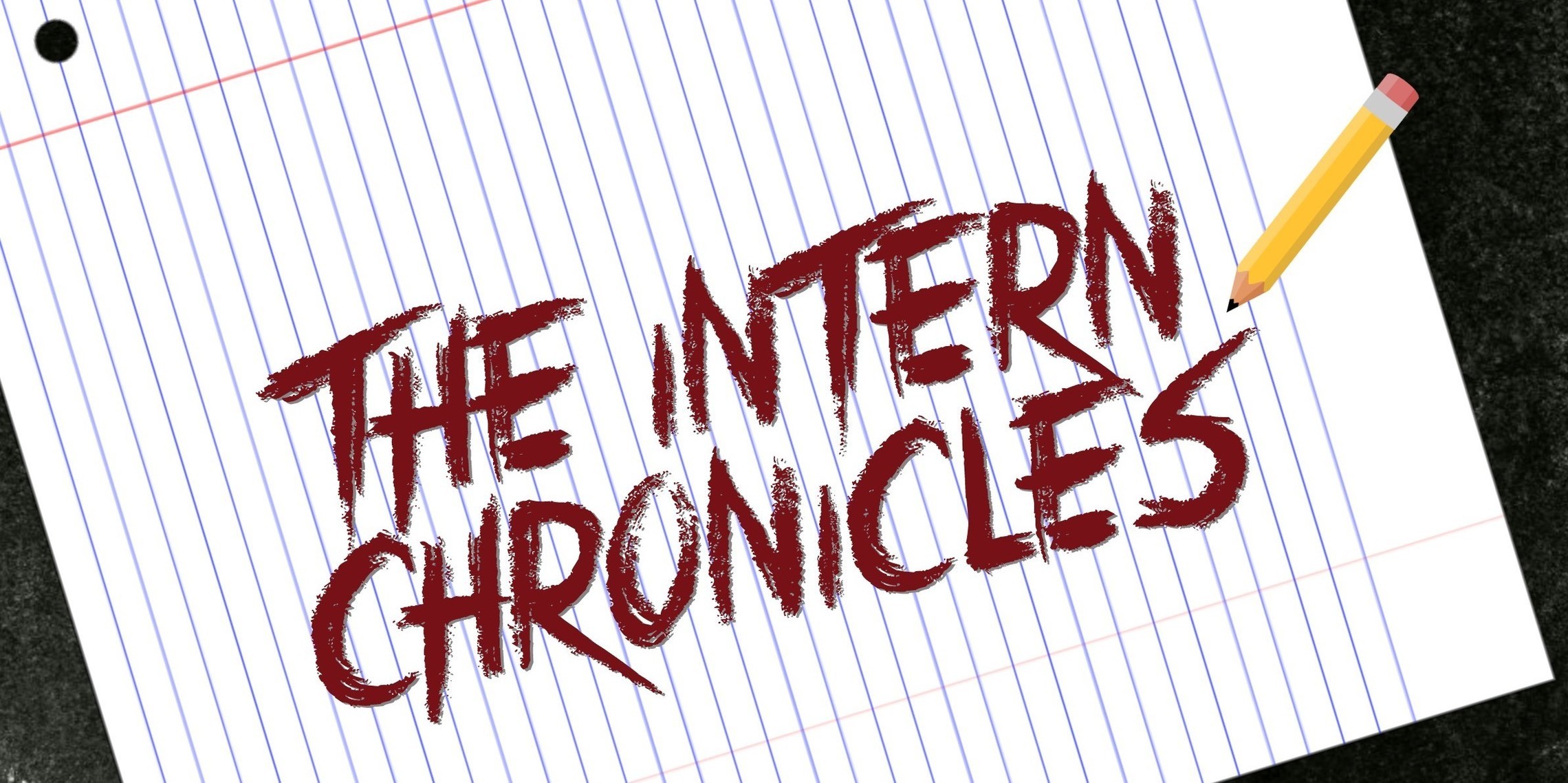

A) Viability is an arbitrary concept. Why not associate personhood with heartbeat, brain waves, or something else?
B) The point of viability constantly changes because it depends on technology, not the unborn herself. Eventually babies may be viable from the point of conception.
C) In a broad sense, many born people are not viable because they are incapable of surviving without depending on others
A) Viability is arbitrary concept. Why not associate personhood with heartbeat, brain waves, or something else?
Viability is the point at which the fetus becomes capable of surviving without having to depend on his mother. In Roe v. Wade, the Supreme Court defined viability as the point when the unborn is “potentially able to live outside the mother’s womb, albeit with artificial aid.”1 The critical issue in when this point is reached is the development of the child’s lungs.
But why make worthiness to live dependent upon the development of the child’s lungs? Why not say he becomes human in the fourth week because that’s when his heart beats? Or the sixth week because that’s when he has brain waves? (Both are also arbitrary, yet both would eliminate all abortions currently performed.) Someone could argue that personhood begins when the unborn first sucks his thumb or responds to light and noise. Or why not say personhood begins when the child takes his first step or is potty trained?
There is only one objective point of origin for any human being—only one point at which there was not a human being a moment ago, and there is now. That point is conception.
B) The point of viability constantly changes because it depends on technology, not the unborn herself. Eventually babies may be viable from the point of conception.
Like all points other than conception, viability is arbitrary, but it is even more arbitrary than most. The point at which heart and brain develop—though unscientific as measurements of personhood—at least remain fairly constant. Yet in the last three decades, viability has been reduced from thirty weeks to less than twenty weeks of development. A child has actually been born at nineteen weeks and survived.
Viability depends not only on the child but on the ability of our technology to save his life. What will happen when we are able to save lives at fifteen weeks or less? Will they suddenly become human and worthy to live? Can we honestly believe that children at twenty-one weeks were not human twenty years ago but are human now, simply because of improved technology? Or can we believe that the unborn at eighteen weeks, who is just barely nonviable, is not a human being, but ten years from now he will be because hospitals will have better equipment?
Does the baby’s nature and worth also depend on which hospital—or country—he is in since some hospitals are equipped to save a nineteen-week developed child, and others could save a child no earlier than twenty-eight weeks? Technologies change, babies do not. Surely we cannot believe that the sophistication of life support systems determines the reality or worth of human life!
C) In a broad sense, many born people are not viable because they are incapable of surviving without depending on others.
If viability is viewed in its broadest sense as the capacity to live without depending on other human beings, many people in our society are not viable. The premature baby still has to depend on someone for human care, even if it’s a team of doctors and nurses who hover over him day and night.
What do the sick, the handicapped, Alzheimer’s victims, infants, two-year-olds, many elderly, and the unborn all have in common? First, they are people. Second, they are not viable; they are dependent upon other people to live.
Many accident victims can’t survive on their own without medical help. Is the person whose lungs are punctured now a nonperson? I am an insulin-dependent diabetic. I can’t survive on my own. Without insulin I will die. Does that mean I’m not a person? The ability to survive without someone’s help is a poor criterion by which to evaluate his humanity.
Psychiatrist and anthropologist Virginia Abernethy of Vanderbuilt University’s School of Medicine said in Newsweek: “I don’t think abortion is ever wrong. As long as an individual is completely depending upon the mother, it’s not a person.” The article goes on to explain:
In this view, which is shared by other pro-choice theorists, an individual becomes a person only when he or she becomes a responsible moral agent—around three or four, in Abernethy’s judgment. Until then, she thinks, infants—like fetuses—are nonpersons; defective children, such as those with Down’s syndrome, many never become persons.3
Those who doubt the logical and inevitable consequences of the pro-choice position should consider carefully these words. Event Newsweek, which has never been known as a mouthpiece for the prolife movement, cannot help but point out what a short jump there is from abortion to infanticide.


